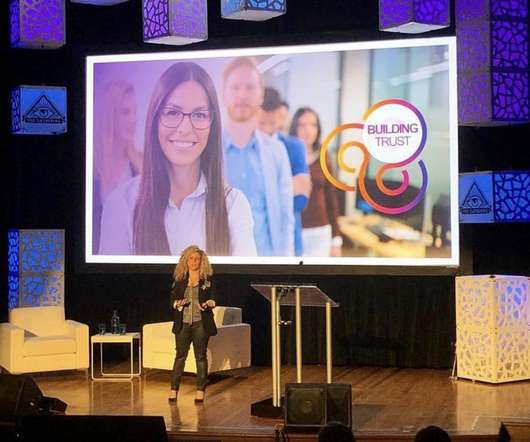Innovating to Address the Systemic Drivers of Health
Stanford Social Innovation Review
NOVEMBER 8, 2023
She also lives in a food desert, which makes getting nutritious and affordable food difficult. The nearest fresh food grocer is three miles away, across the 101 freeway. She can afford one big shopping trip in the month and at the end of the month she visits the local food pantry to subsidize until she gets her next paycheck.



















Let's personalize your content